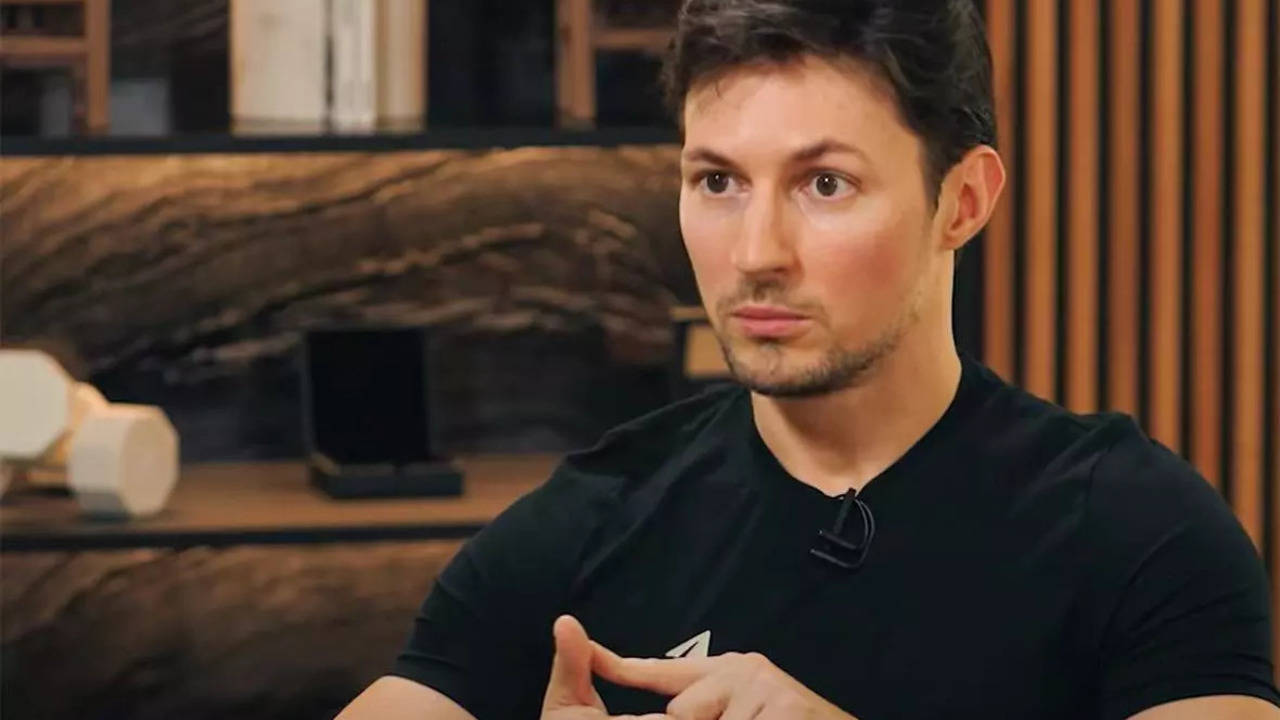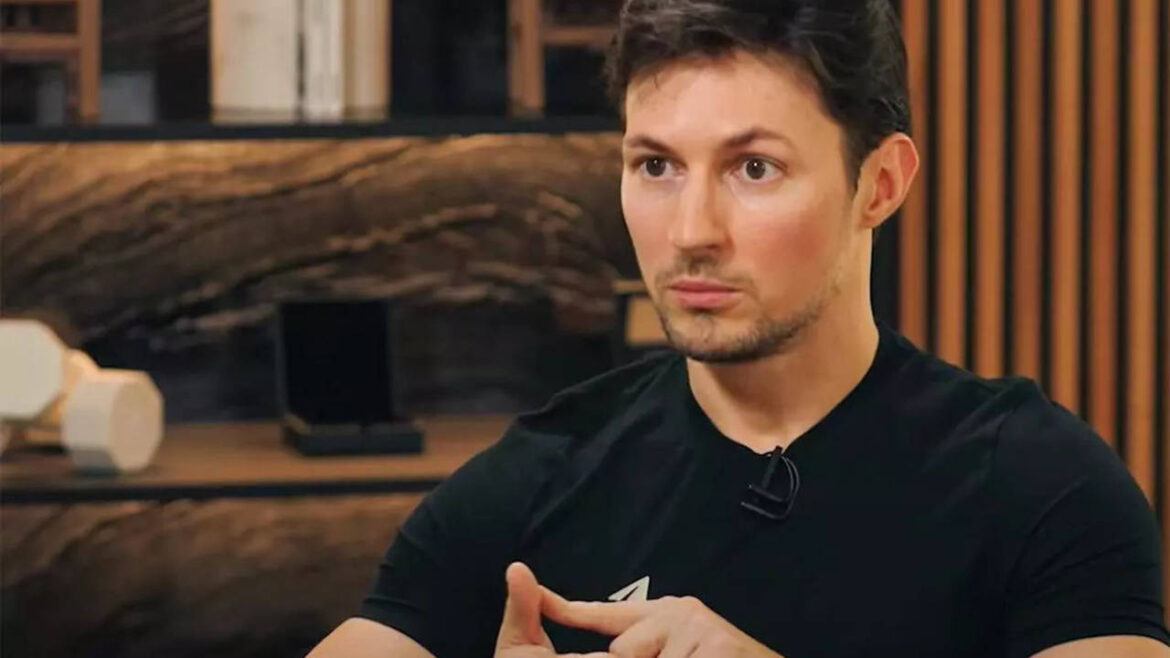
Pavel Durov, the CEO of Telegram, was arrested in France on Sunday upon landing at Le Bourget Airport. The arrest, initiated by French authorities, centers on accusations that Durov failed to adequately moderate criminal activities on Telegram, leading to the platform being used for fraud, drug trafficking, organized crime, and the promotion of terrorism and cyberbullying. French investigators have emphasized the need to hold Telegram accountable for the misuse of its platform, reflecting growing concerns over the app’s strong encryption and its perceived lack of regulation.
Telegram has strongly refuted these allegations, calling them "absurd" and asserting that Durov has "nothing to hide." The company insists that it abides by European Union laws, including the Digital Services Act, and that its moderation efforts are in line with industry standards. Telegram's official response underscores its commitment to maintaining user privacy and freedom, which Durov has consistently advocated as central to the platform’s mission.
The arrest raises significant concerns about the balance between content moderation and freedom of speech. Telegram's firm stance on privacy and independence contrasts with the increasing pressure from Western governments to enforce stricter content controls, particularly in light of the platform's encryption capabilities. The lack of detailed evidence provided by French authorities has led to suspicions that Durov’s arrest may be influenced by broader political or strategic motives, rather than solely being about content moderation failures.
This situation highlights the risks faced by tech leaders who resist government demands for content control, with Durov’s arrest being viewed by some as a warning to others in the tech industry. The commentary by American writer Tucker Carlson reflects this concern, suggesting that Durov’s arrest is an example of government overreach and a threat to freedom of speech in the tech world. Carlson argues that Durov’s situation is a cautionary tale for any platform owner who refuses to censor content at the behest of governments and intelligence agencies.
Pavel Durov’s journey from Russia to founding Telegram is marked by his resistance to governmental control. After leaving Russia in 2014 due to pressure from the Kremlin to shut down opposition groups on VKontakte (VK), the social network he founded, Durov shifted his focus to Telegram, which he co-founded with his brother Nikolai in 2013. Telegram has since grown into a major social platform with over 950 million active users, known for its strong emphasis on user privacy and freedom. Durov’s arrest underscores the ongoing struggle between tech companies’ autonomy and government demands for regulation, with potentially far-reaching implications for the future of digital communication platforms.

